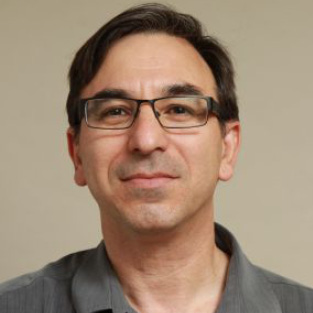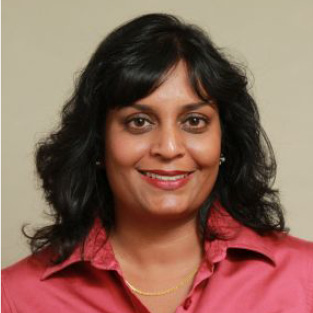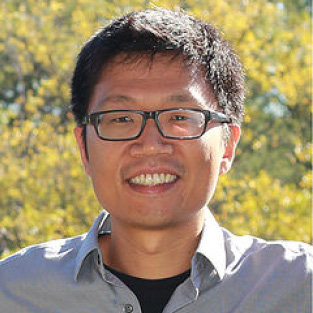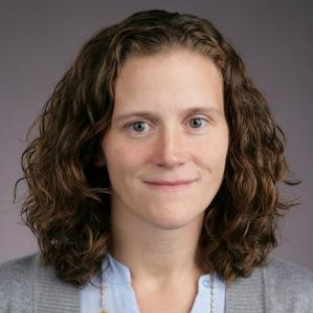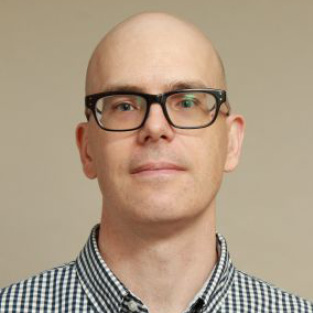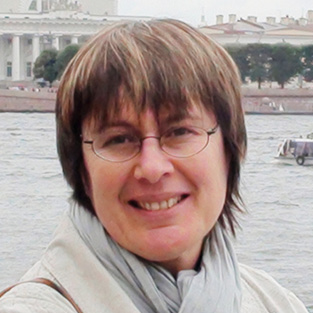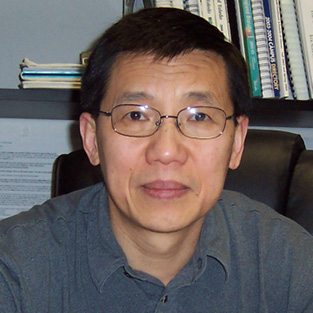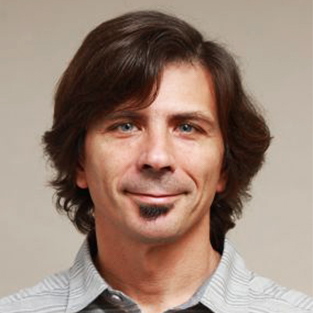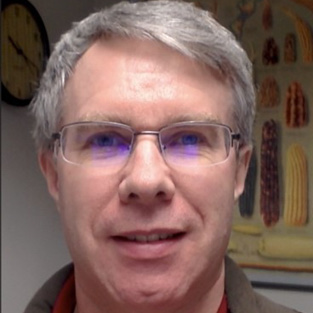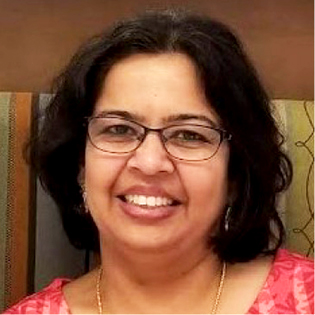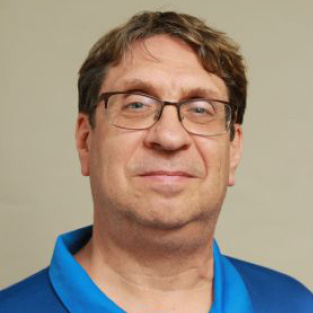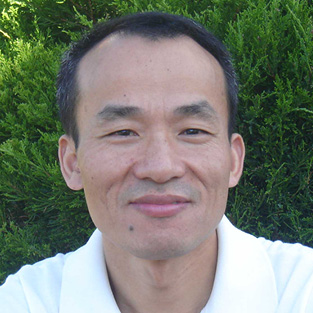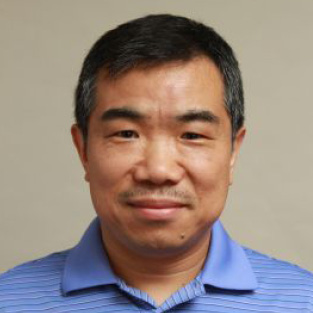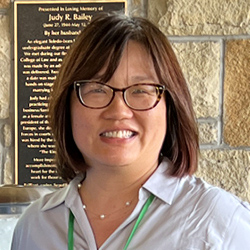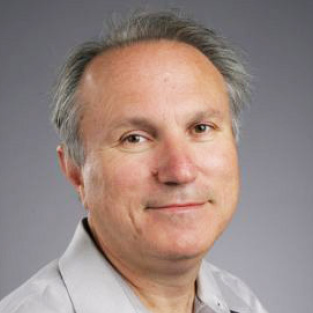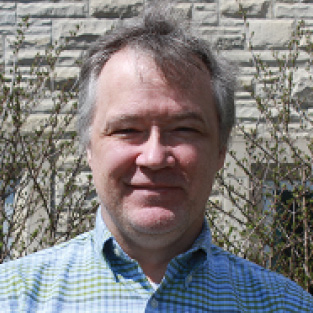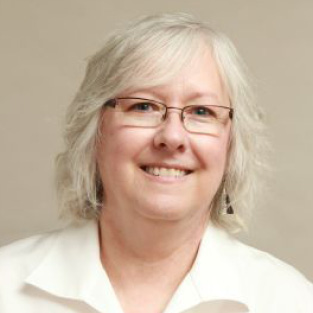Learn About Our Faculty's Research Interests:
| Please click on a faculty member name below to go directly to their profile page for contact information, publications and more. | |
Faculty Member |
Area of Research: |
|
Dr. Tomer Avidor-Reiss |
Centriole & Cilia in Fertility in Development Many cases of infertility and miscarriages remain unexplainable and are poorly understood. Our lab aims to identify a mechanism that contributes to these diseases by discovering the role of paternal centrioles in fertility and embryonic development. We perform basic and pre-clinical studies in fruit flies, bovines, rabbits and humans. |
|
Dr. Bruce Bamber |
Molecular Neuroscience My lab studies how sensory perception leads to action. At its simplest, impulses from sensory neurons directly stimulate motor neurons, leading to reflexive responses. By relating network activity patterns to behavioral outcomes, we will generate an in-depth understanding of sensory motor processing in the simple C. elegans model which will help generate insightful hypotheses to test in morecomplex vertebrate brains. |
|
Dr. Deborah Chadee |
Cell Biology/Signal Transduction Research in the Chadee Lab is focused on understanding how a group of proteins called the Mixed Lineage Kinases (MLKs) are activated by extracellular stimuli and regulate MAPK cell signaling pathways to control biological responses. We are particularly interested in how the MLKs and MAPK signaling pathways are deregulated in ovarian and colon cancer cells to promote cell proliferation, invasion and survival. |
|
Dr. Qian Chen |
Actin Cytoskeleton and Cell Division Our lab studies cell division, one of the most essential biological processes. We are particularly interested in the last step of cell division called cytokinesis when two daughter cells separate. Using genetics and advanced microscopy, we are examining how the cellular force can drive cytokinesis. |
|
Dr. Heather Conti |
Fungal Immunity We study the immune response during infection caused by the fungus Candida albicans. We have identified the central role the proinflammatory cytokine, interleukin-17, plays in protection against this infection. We are interested in how different forms of immunosuppression, including radiotherapy and thrombocytopenia, affect the interleukin-17 pathway and lead to fungal susceptibility. |
|
Dr. Scott Crawley |
Cytoskeleton; Cell Biology; Biochemistry In the Crawley Lab, we work on the actin cytoskeleton and the motor proteins that use this type of cytoskeleton as “roadways” to deliver cargo around the cell. We strive to understand how these motor proteins work, how they fail in human disease, and what we can do to fix them when they are broken. |
|
Dr. Maria Diakonova |
Signal Transduction and Actin-Dependent Cellular Funtions Our lab investigates how signals, activated by hormones or growth factors, regulate cell cytoskeleton and how its disregulation may lead to human cancer. We want to know how particular proteins work together in response to two human hormones – prolactin and estrogen – to regulate cell motility, cell invasion and finally breast cancer cell metastasis. |
|
Dr. Fan Dong |
Hematopoiesis and Hematopoietic Malignancies Research in my lab focuses on the molecular mechanisms involved in the regulation of blood cell development, including the roles of transcription factors and hematopoietic cytokines. Furthermore, we are interested in why disruption of these regulatory mechanisms may lead to the development of leukemia. |
|
Dr. Rafael Garcia-Mata |
Cell Adhesion, Migration, Invasion and Metastasis The research in the Garcia-Mata Lab is centered in understanding the mechanisms of regulation of Rho family of small GTPases. Rho GTPases control many aspects of cell behavior, such as the organization of the cytoskeleton, cell migration, cell–cell and cell–matrix adhesion, cell cycle progression, gene expression and cell polarity. Our lab is particularly interested in the role of Rho GTPases during cell adhesion, migration and cell invasion in both normal and cancer cells. |
|
Dr. John Gray |
Plant Molecular Biology My research foci is in the area of regulomics using the model crop Corn (Zea mays or maize). In particular, we are interested in dissecting the complex regulation of the phenylpropanoid pathway which is a key biosynthetic pathway in all plant species. The corn model system is important not only because it is the main economic crop in the State of Ohio and the U.S., but also around the world. In addition, for over 100 years corn has served as a model system for genetics with discoveries that translate to all eukaryotic species |
|
Dr. Malathi Krishnamurthy |
Anti-Viral Innate Immunity and Inflammation Our lab studies how host cells respond to viral infections by activating antiviral signaling pathways. Understanding the molecular mechanisms of how the body defends itself is critical for the development of new treatment strategies against viruses. Our goal is to identify targets that are common to many viruses that can be used to combat a broad range of viral infections and improve human health. |
|
Dr. Scott Leisner |
Cell/Molecular Biology/Virology My lab is engaged in two research directions. The first research direction studies how fertilizing plants with the element silicon helps them to overcome stress and grow better. The second research direction examines how plant viruses construct factories involved in virus particle assembly, with the goal of disrupting the process and inhibiting infection. |
|
Dr. Guofa Liu |
Axon Guidance, Neuronal Migration and Signal Transduction The formation of proper neural circuitry relies on appropriate migration, axon guidance and synapse formation during neural development and following injury. Defects in axon guidance and neuronal migration are implicated in a variety of brain disorders, such as lissencephaly, double cortex, periventricular heterotopia, epilepsy, autism, schizophrenia, dyslexia, Alzheimer’s disease, Parkinson’s disease, stroke, traumatic brain injury and spinal cord injury. We are interested in studying the molecular mechanisms underlying neuronal guidance with a goal of providing better therapeutic interventions for central nervous system disorders such as stroke and spinal cord injury. |
|
Dr. Song-Tao Liu |
Cell Proliferation and Differentiation We are a basic cancer research lab with focus on the cell biology of mitosis. Mitosis is not simply a cell proliferation process. The connections with cell signaling pathways can help generate daughter cells of different fates through a single cell division. We are particularly interested in how cancer cells gain genetic, epigenetic and functional heterogeneity through interfering with mitosis. |
|
Dr. Wei Niu |
Stem Cell, Neuroscience and Neurodevelopmental Disorders Autism spectrum disorder (ASD) is one of the most common and complex human brain disorders. Although our knowledge of the genetic mutations associated with ASD has advanced through the next generation sequencing (NGS), it remains poorly understood how a specific gene variant leads to ASD. Our lab employs stem cells, CRISPR/CAS9 genome editing, and human brain organoid models for testing gene variants that are highly associated with ASD. Our research fills a critical need to develop specific mechanistic-based therapeutic strategies to treat this brain disorder. |
|
Dr. Lirim Shemshedini |
Cell/Molecular Biology/Transcription Regulation My lab studies the role of androgen receptor (AR) in prostate cancer. One part of this work has focused on proteins regulating the activity of AR and this led to the identification AP-1 components and p53 as important regulators of AR activity. |
|
Dr. William Taylor |
Cell Cycle and Tumor Biology We are focused on uncovering the mechanisms responsible for cancer formation, in particular, the errors that occur during mitotic cell division. Our research asks questions regarding two key mitotic proteins, Borealin and Sororin, revealing how they coordinate chromosome movement and separation during mitosis. We are also involved in a collaborative project in which we have developed a new class of molecules that we call CETZOLEs. These molecules kill certain types of cancer cells by inducing catastrophic accumulation of reactive oxygen species and we are in the process of evaluating the potential of these compounds as novel chemotherapeutic agents. |
|
Dr. Deborah Vestal |
Cancer Cell Biology/Cytoskeleton We work on the rules of members of the interferon induced large GTPases in regulating the actin cytoskeleton and mitochondrial dynamics. We focus on breast cancer and glioblastomas |
|
For a full list of Faculty and Staff in the Department of Biological Sciences, please see our main contact page. |
|



